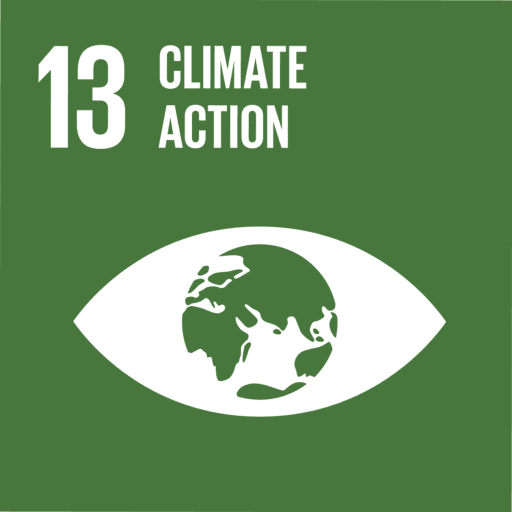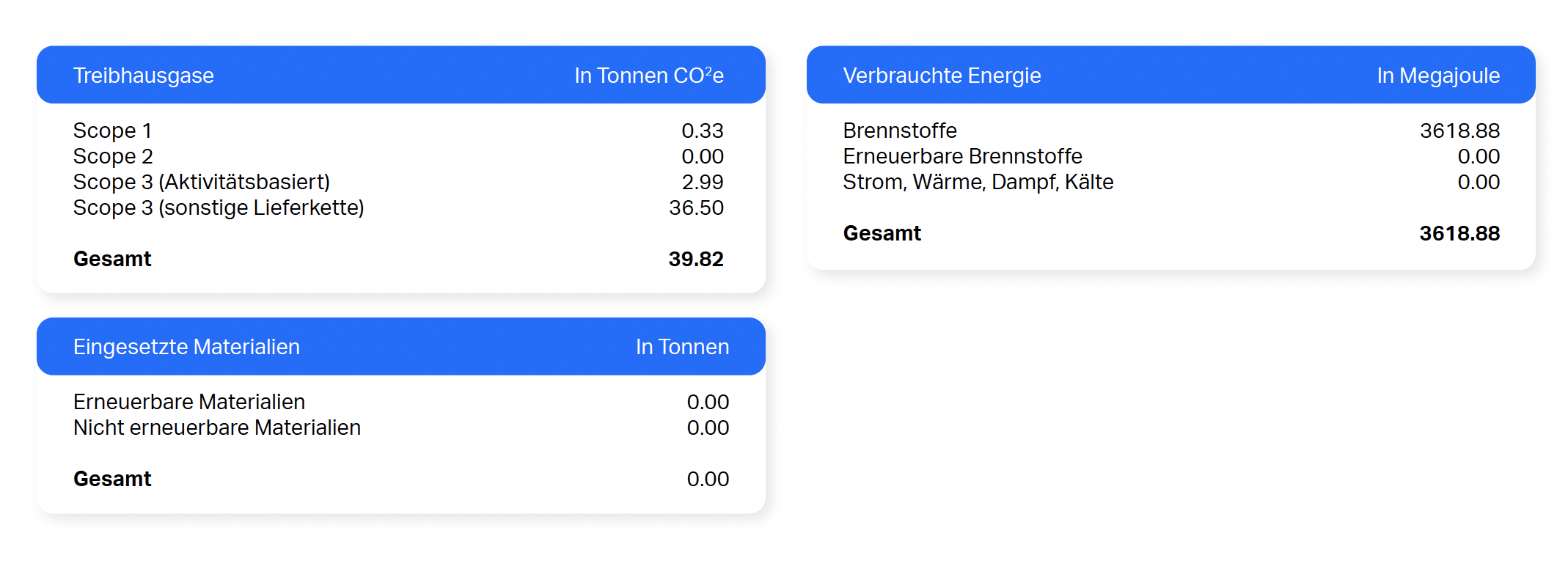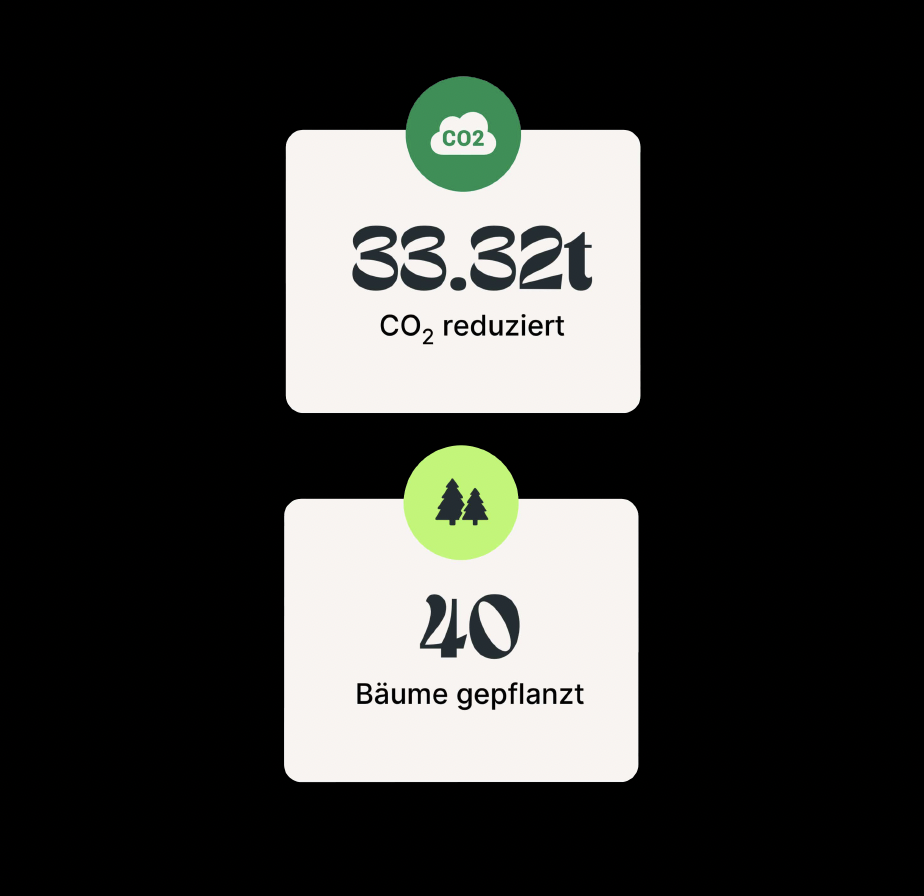“We Do Not Just Compensate” — OR WHY WE DON'T JUST SETTLE FOR COMPENSATION.
HOW DO YOU MANAGE SUSTAINABILITY CENTRALLY WHEN EVERYONE WORKS DECENTRALIZED?
One of our goals for 2022 was to offset company-related emissions with the help of a partner – even though offsetting CO2 is not a sufficient key to a more sustainable future.
Despite everything, offsetting CO2 emissions is unavoidable and therefore also part of our sustainability strategy – because of course we continue to produce CO2 emissions every day in our internal processes and all projects, e.g. through Internet use, and also our supply chains must be taken into account when calculating our emissions.
In our search for a partner, we won Code Gaia (formerly Spenoki). Working closely together, we developed a customized emissions tracking system that fits our 100% remote structure: the team individually records water, electricity and energy consumption, and the data is entered into our dashboard. As a result, we have an overview of our resource consumption as a team and can identify direct starting points where we can optimize in the long term.
The path towards a transparent supply chain
Supply chains can be complex and for the German Supply Chain Act, in addition to environmental factors, social factors are also relevant for evaluation and assessment, such as the protection of human rights and the recognition of labor standards. To get a full overview of our supply chain, we addressed the following questions: Which criteria are relevant to us and how can we make them measurable? How and under what criteria do we want to collaborate with others?
We developed our supply chain criteria based on our VAST GREEN principles, the United Nations Sustainable Development Goals (SDGs), the German Supply Chain Act, and our expertise in the digital sector.
In the “Transparent Supply Chain” working group, we took a deeper look at our corporate environment and multi-layered internal processes in 2021, based on the German Supply Chain Act. VAST FORWARD is a small corporation and it was eye-opening to learn how profoundly change processes depend on knowledge of corporate interdependencies. By assessing and prioritizing our supply chain criteria, we have outlined our status quo, but also defined initial relevant criteria for our customers, partners and suppliers. In 2023, we will revisit the criteria as it requires a continuous review of our status quo.
We considered the following criteria when evaluating our supply chains (they are self-defined criteria based on the ESG criteria and supported by the SDGs):
- Internal labor relations (SDG 5 & 8)
- Software development (SDG 9)
- Business travel (SDG 13 & 11)
- Telecommunications (SDG 12, 7, 9)
- Customers & Agencies (SDG 17 & 9)
- Banking & Insurance (SDG 17 & 9, EU Taxonomy, EU Directive 2019/2088, BaFin)
- Service providers (SDG 17, 9, 10, 8, 5)
- Procurement, Use & Classification of Hardware (9 & 12)
- Hardware in Use ( SDG 9 & 12)
- Digital Products (SDG 12)
OFFSETTING CLIMATE-RELEVANT EMISSIONS
By supporting global climate protection projects, we offset the CO2 emissions of our entire team in 2022 together with Planted. In addition, we plant climate-stable trees per employee every month in Germany, which are intended to provide an impulse for the mixed forest of the future. VAST FORWARD wants to contribute to the preservation of the planet for future generations and creatures.
VAST Impact Invest
“What costs nothing is worth nothing”- from a business perspective, sustainability is certainly an investment that requires a wide range of resources! This awareness has given rise to one of our VAST GREEN principles of targeted and effective investing. Involving the entire team in the implementation of our VAST GREEN initiative is also an investment in time and money for our small organization. With the creation of our MEGGY method – an open source approach to the sustainable future of SMEs – we are investing in the development of a stand-alone method. VAST FORWARD is also committed to social and environmental projects through donations and resources: Since 2016, we have supported organizations such as Seawatch, the German Sustainable Business Association, and the Hamburg-based organization Visions for Children, which supports children in crisis and war zones.
In the area of environmental responsibility, we currently serve the following SDGs:




